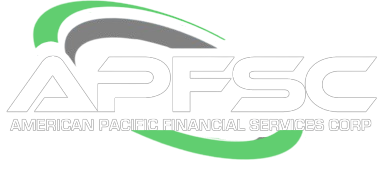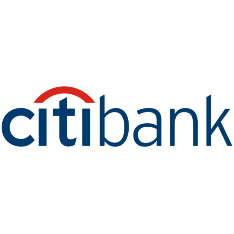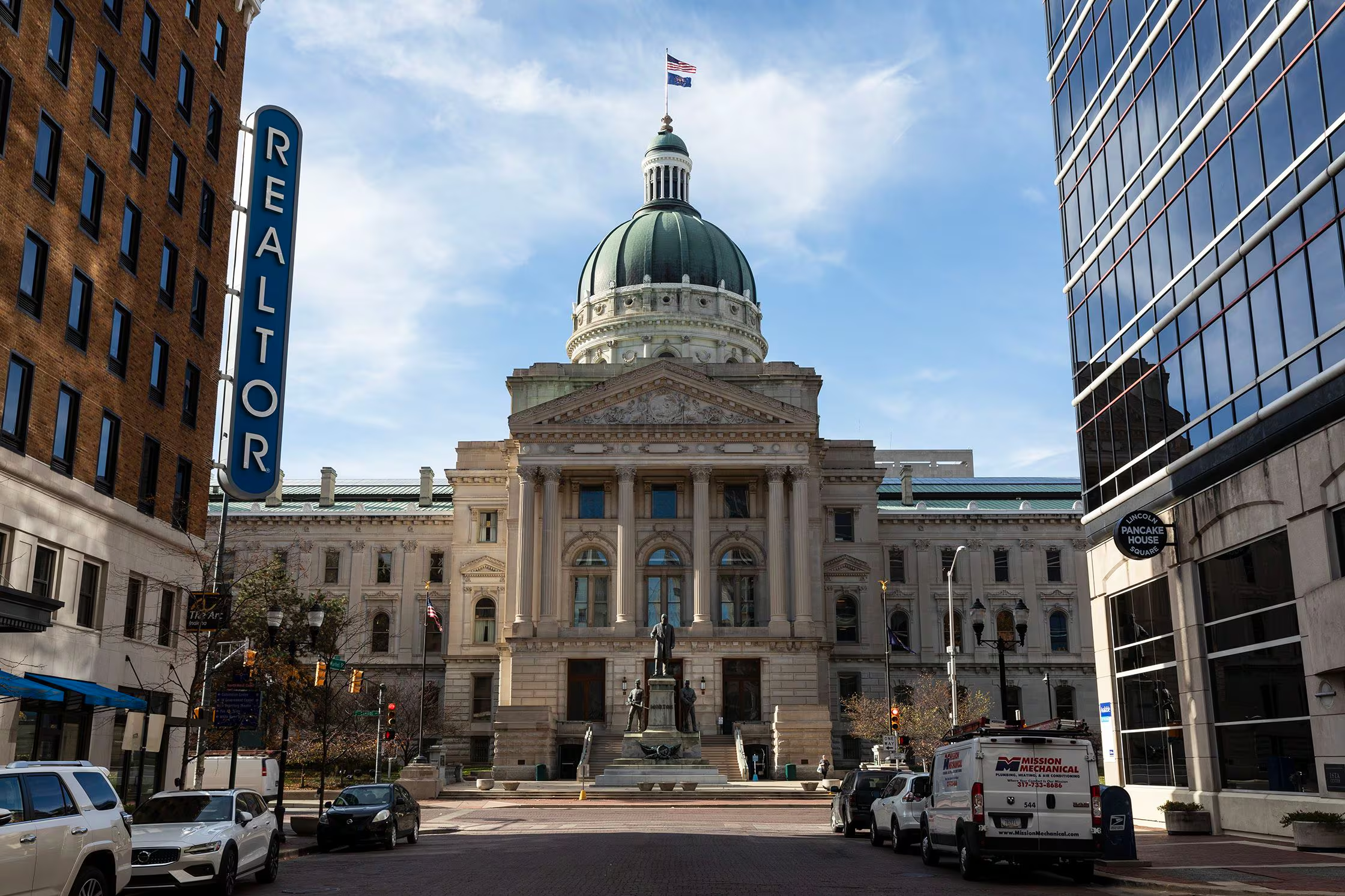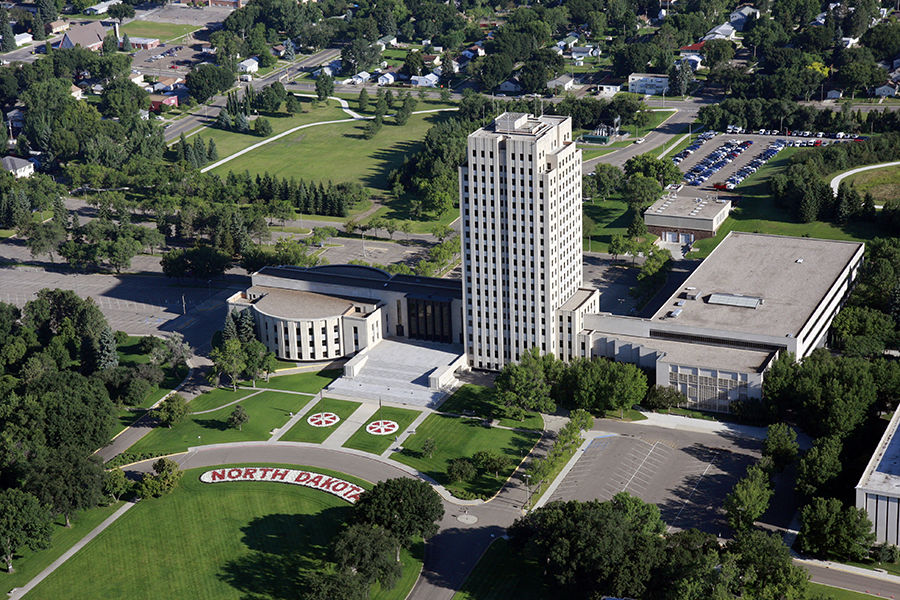Debt Relief Programs
If you’re living with debt in Michigan, you’re not alone. Whether you’re in Detroit, Grand Rapids, Lansing, or a small Upper Peninsula town, many Michiganders are struggling to keep up with rising credit card bills, loans, and everyday expenses. At APFSC, we provide compassionate, non-profit debt relief and credit counseling services that help individuals and families build a realistic plan to eliminate debt and create lasting financial stability.
The Growing Debt Problem in Michigan
Debt Challenges Across Michigan
Michigan’s economy has evolved significantly in recent years, but financial challenges persist for many households. The average credit card debt per borrower in Michigan is just over $5,400. At the same time, the average student loan debt has reached nearly $37,000, with about 13.6% of residents carrying active student loans.
Many people in Michigan face high medical costs, fluctuating income, and rising housing expenses. As a result, credit card balances grow, minimum payments become harder to maintain, and financial stress increases. Without a structured plan, it’s easy to feel stuck—but that’s where we come in.
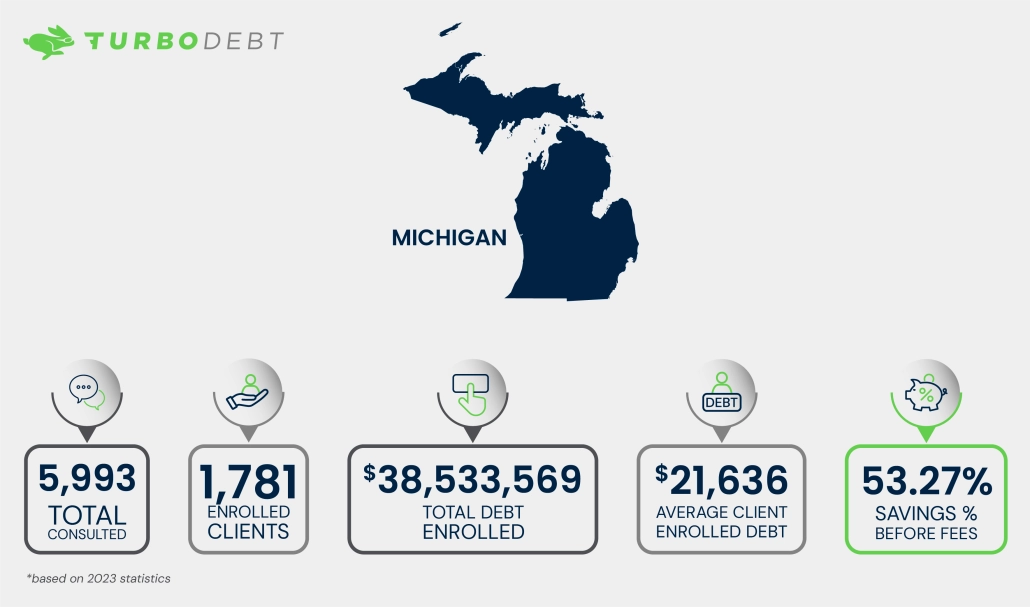
How APFSC Helps Michiganders Pay Off Debt
We begin by offering a free consultation to help you understand your full financial picture. A certified counselor will assess your income, monthly expenses, and debt obligations. If you’re a good fit, we’ll recommend a customized Debt Management Plan (DMP) to simplify payments and potentially reduce interest rates.
Our DMP gives you the opportunity to:
- Combine unsecured debts into one monthly payment
- Work with creditors to reduce or eliminate interest
- Eliminate late fees and stop collection calls
- Pay off your debt in 3 to 5 years
- Receive financial coaching to avoid future debt
It’s not a loan. It’s a structured and proven way to pay off your debt with confidence and support.
Common Reasons People in Michigan Fall Into Debt
- Factory closures, layoffs, and job market shifts
- Out-of-pocket medical expenses or emergencies
- Credit card use for everyday living expenses
- Delayed student loan repayment after graduation
- Lack of access to budgeting tools or credit education
How a Debt Management Plan Works
A Debt Management Plan is a powerful way to repay unsecured debts—like credit cards, personal loans, and medical bills—without falling deeper into financial trouble. You’ll make one fixed monthly payment to APFSC, and we’ll distribute it to your creditors.
The benefits include:
- Lower monthly payments
- Interest rate reductions from participating creditors
- Stopping late fees and penalties
- No more harassing calls or legal threats
- Clear end date for becoming debt-free
We also provide ongoing support, education, and tools to help you succeed—long after the debt is paid off.
Talk to a HUD-certified housing counselor to get help with the housing challenges you’re facing.
Your Rights as a Michigan Consumer
In Michigan, you are protected under both federal and state laws. The Fair Debt Collection Practices Act (FDCPA) ensures that collectors cannot threaten, harass, or mislead you. Michigan also enforces a statute of limitations that limits how long creditors can pursue unpaid debts through legal action—typically six years for most debts.
If you’re receiving aggressive calls or letters, we can help you understand your rights and reduce the stress that comes with unpaid balances.
Michigan Debt Statistics
- Average credit card debt: $5,424
- Average student loan debt: $36,295
- Residents with student loans: 13.6%
- Total student loan debt in Michigan: $51.7 billion
- Average credit score in Michigan: 718
Why Choose APFSC?
As a non-profit organization, APFSC is focused on helping you—not profiting from your situation. We offer judgment-free support, transparent options, and actionable steps to help you get back on track.
When you contact us, you’ll speak with a certified counselor who understands the financial challenges unique to Michigan. You’ll receive a personalized action plan based on your income, debt, and long-term goals. There’s no obligation, and your first session is completely free.
Talk to a HUD-certified housing counselor to get help with the housing challenges you’re facing.
FAQ
Will a Debt Management Plan hurt my credit score?
Initially, it might dip slightly, but most clients see improvement over time as they make consistent on-time payments.
How long does the program take?
Most people complete their plan in 3 to 5 years, depending on how much they owe.
Can I still use my credit cards?
Once enrolled in a DMP, those accounts are typically closed to help you stay on track.
Is my information kept confidential?
Yes. All consultations and services are private and secure.
Consolidated Credit Helps Michigan Residents Reduce Their Total Credit Card Payments by Up to 50%
Case Studies
Michelle from Michigan
“Great communication and even better results. My only regret is not starting sooner.”
Before enrolling in a debt relief program:
- Total unsecured debt: $34,648.01
- Estimated interest charges: $42,661.51
- Time to payoff: 27 years, 3 months
After enrolling in a debt management program:
- Monthly payment reduced from $903.46 to $684.44
- Total interest charges: $6,418.31
- Time to payoff: 5 years
22 years, 3 months
Time Saved
$684.44
Monthly Savings
$36,243.20
Interest Saved
Emily from Michigan
“I finally feel like I’m getting my life back. So grateful for this program!”
Before enrolling in a debt relief program:
- Total unsecured debt: $38,948.91
- Estimated interest charges: $48,037.64
- Time to payoff: 28 years, 0 months
After enrolling in a debt management program:
- Monthly payment reduced from $1,015.61 to $769.40
- Total interest charges: $7,215.02
- Time to payoff: 5 years
23 years, 0 months
Time Saved
$769.40
Monthly Savings
$40,822.62
Interest Saved
